12 TV Shows From the ’70s That Quietly Shaped a Generation
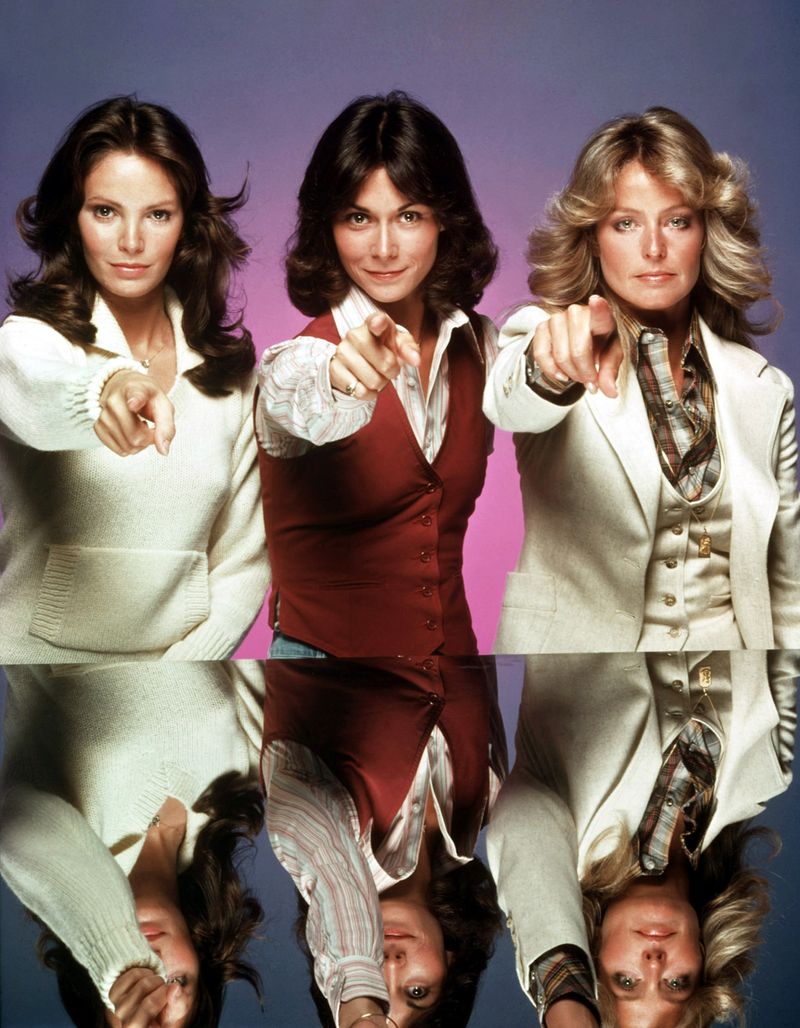
The 1970s was a transformative decade for television, offering a rich tapestry of shows that subtly influenced societal beliefs and behaviors. This era gave birth to groundbreaking series that challenged norms, pushed boundaries, and provided a platform for diverse voices and stories.
From sitcoms that redefined comedy to dramas that offered poignant social commentary, these shows left an indelible mark on a generation. As we explore the cultural impact of these programs, we appreciate not only their entertainment value but also their role in shaping conversations about race, gender, politics, and identity. Here are twelve iconic TV shows from the ’70s that quietly molded a generation.
1. All in the Family
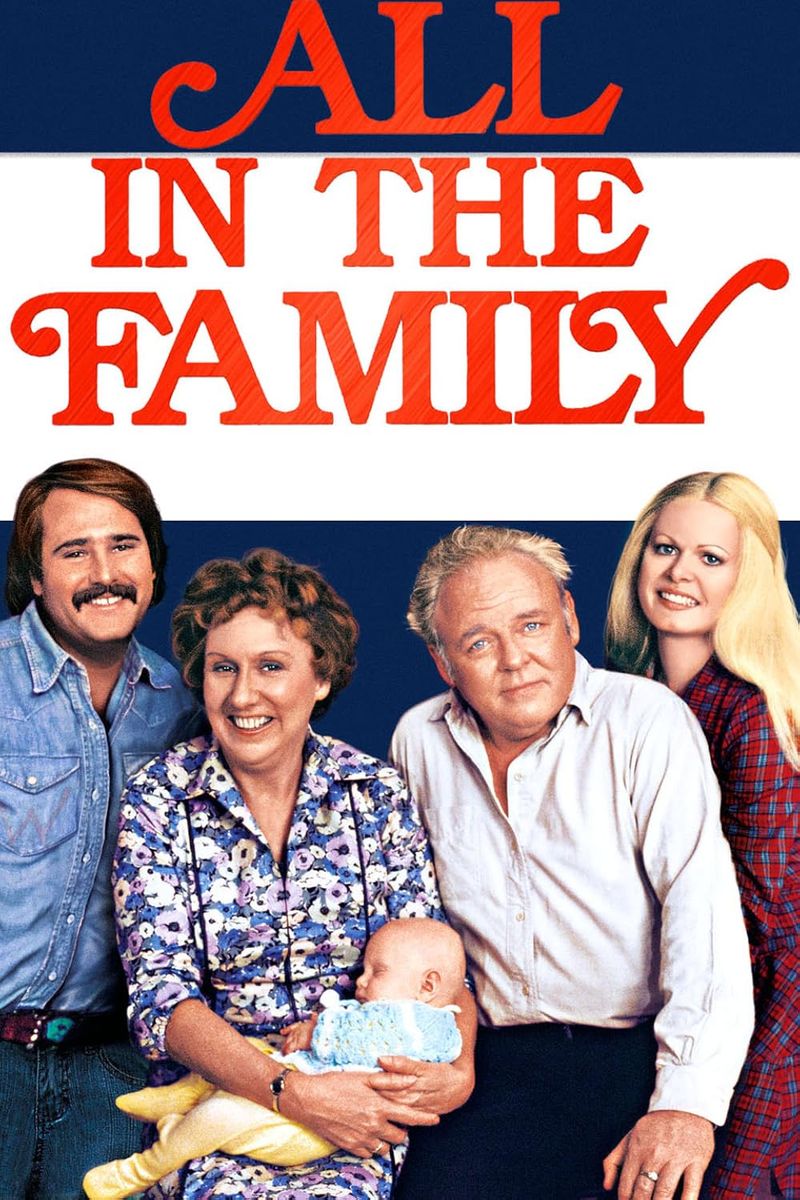
In the heart of 1970s television, “All in the Family” boldly tackled taboo topics. With Archie Bunker’s gruff yet endearing demeanor, the show explored race, politics, and gender roles. It didn’t shy away from controversy, sparking conversations across America.
Through sharp humor, it made audiences laugh while challenging societal norms. This sitcom was groundbreaking, not just for its content, but for its candid portrayal of a working-class family. By addressing real-world issues, it resonated deeply with viewers. Archie’s infamous chair became a symbol of resistance to change, yet the show itself was a progressive force.
2. M*A*S*H
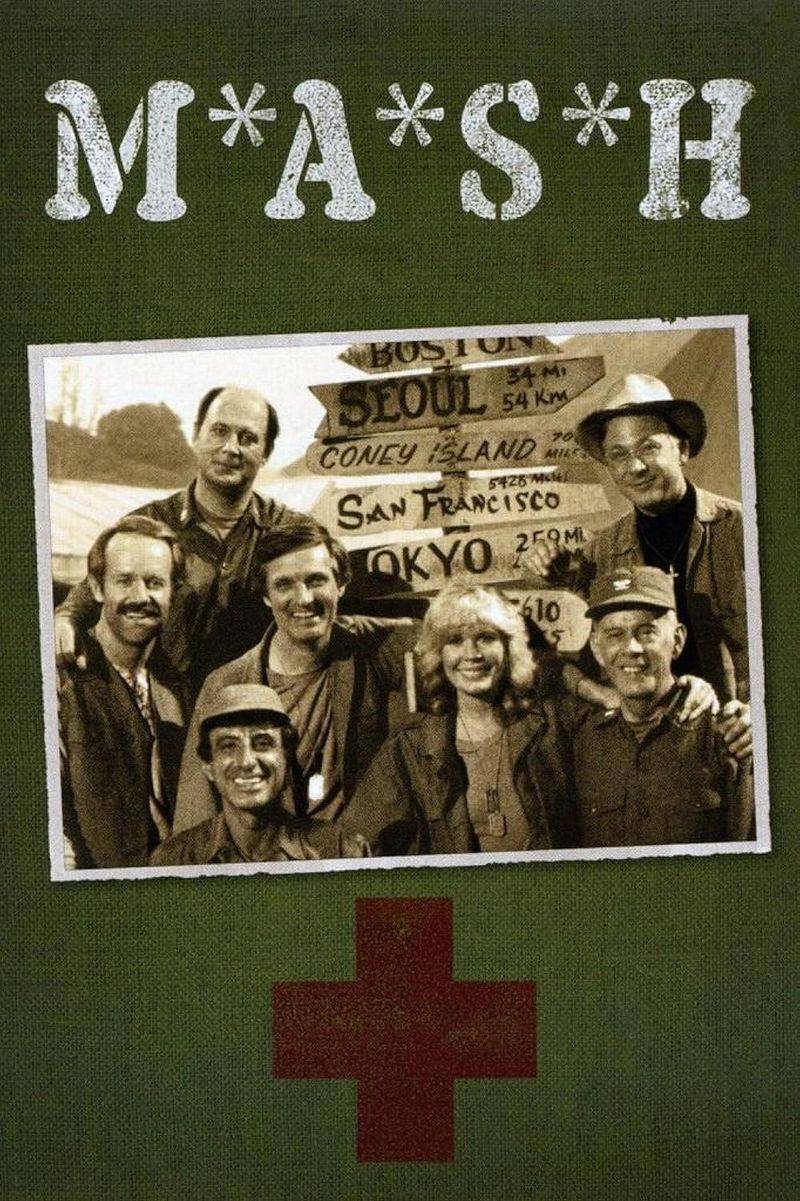
M*A*S*H, a unique blend of comedy and tragedy, redefined how audiences viewed war and humanity. Set during the Korean War, it used humor to cope with the harsh realities of conflict. The show’s witty dialogue and heartfelt moments made it a hit.
Characters like Hawkeye Pierce became beloved for their irreverent yet compassionate natures. M*A*S*H highlighted the absurdity of war, offering critiques that resonated beyond its setting. Its finale remains one of the most-watched episodes in television history, a testament to its impact. The series didn’t just entertain; it provoked thought and empathy.
3. The Mary Tyler Moore Show
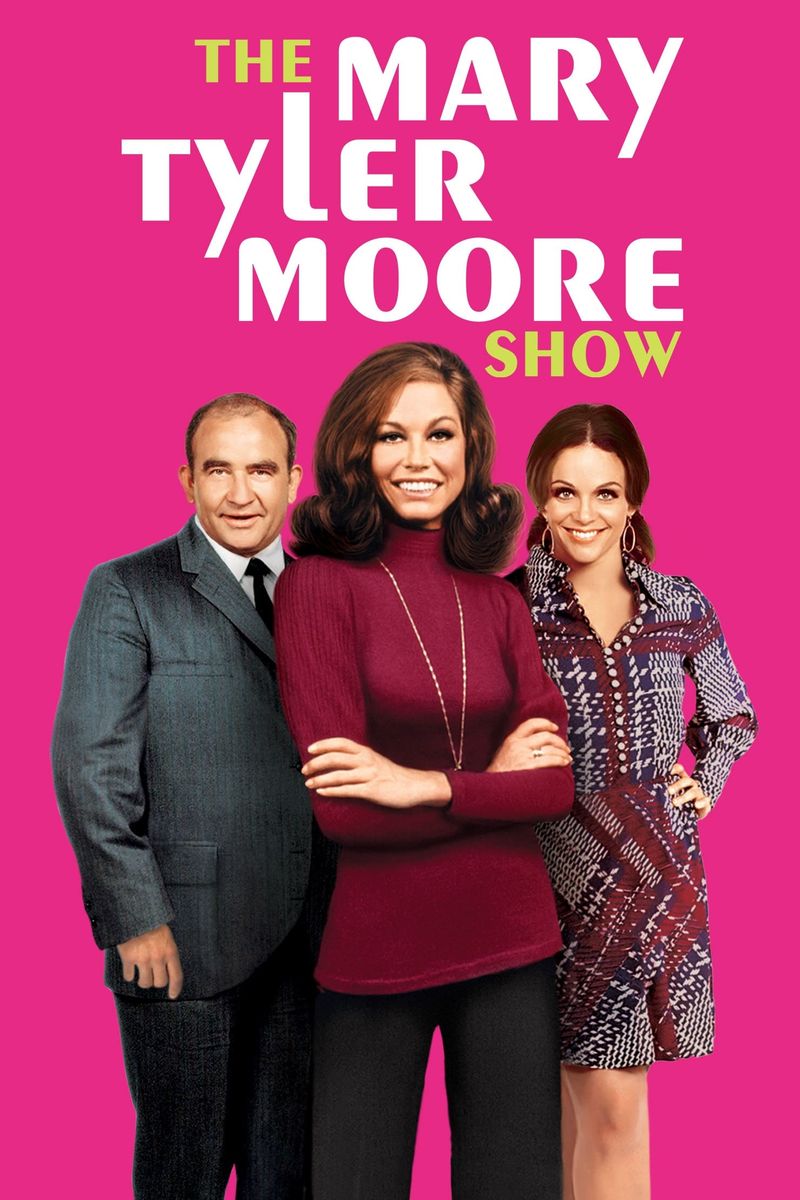
“The Mary Tyler Moore Show” broke new ground by showcasing a single, career-driven woman navigating life in the city. Mary Richards became a symbol of independence and ambition, challenging traditional gender roles. The show’s humor and warmth made it relatable, while its progressive themes inspired many.
Through Mary’s personal and professional adventures, viewers saw that women could succeed on their own terms. The series was a beacon of female empowerment, resonating with audiences who saw themselves in Mary’s struggles and triumphs. It was a cultural milestone, proving that women’s stories were not only valid but vital.
4. Happy Days
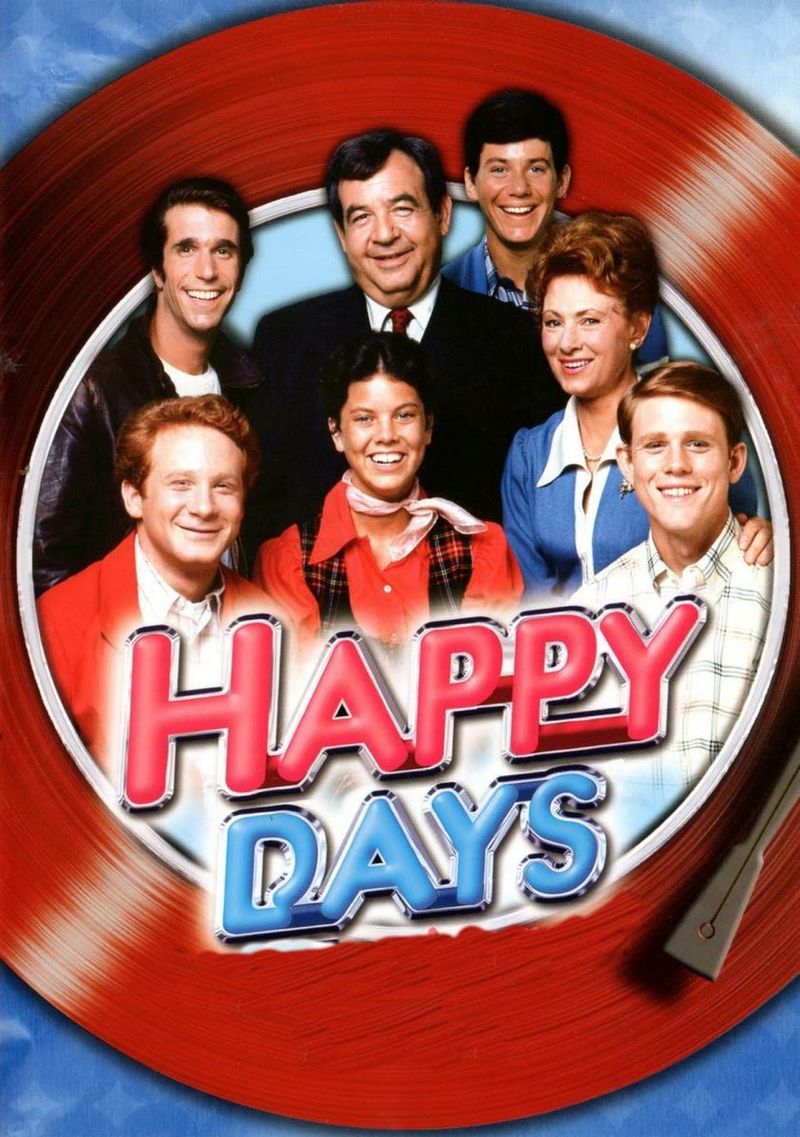
“Happy Days” offered a nostalgic look at 1950s America, but it was more than just a trip down memory lane. With its catchy theme song and lovable characters, it became a cultural touchstone. The Fonz’s cool demeanor and iconic “Ayy!” made him a youth icon.
The show influenced fashion, hairstyles, and teenage identity. It captured the essence of adolescence with humor and heart. As it celebrated simpler times, it subtly addressed the evolving social landscape. “Happy Days” was a feel-good series that left a lasting impression on viewers, reminding them of the joys and challenges of growing up.
5. Good Times
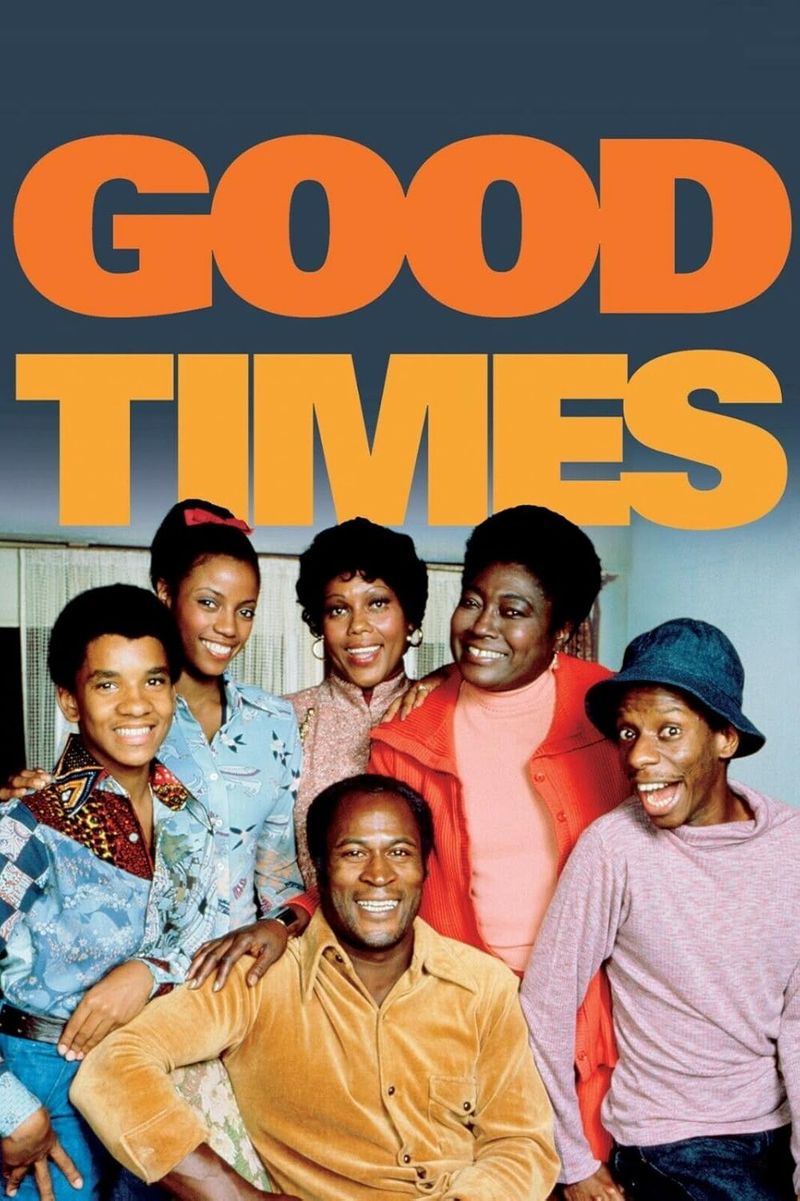
“Good Times” brought the realities of a working-class Black family into the living rooms of America. With humor and heart, it highlighted the struggles and triumphs of the Evans family. The show’s honest portrayal of poverty and systemic challenges was groundbreaking. James and Florida Evans became symbols of resilience and love.
JJ’s catchphrase “Dyn-o-mite!” became iconic, adding levity to serious themes. “Good Times” was more than just a sitcom; it was a reflection of societal issues, offering hope and laughter amid adversity. Its legacy lies in its ability to blend comedy with social commentary, making it both entertaining and enlightening.
6. Charlie’s Angels
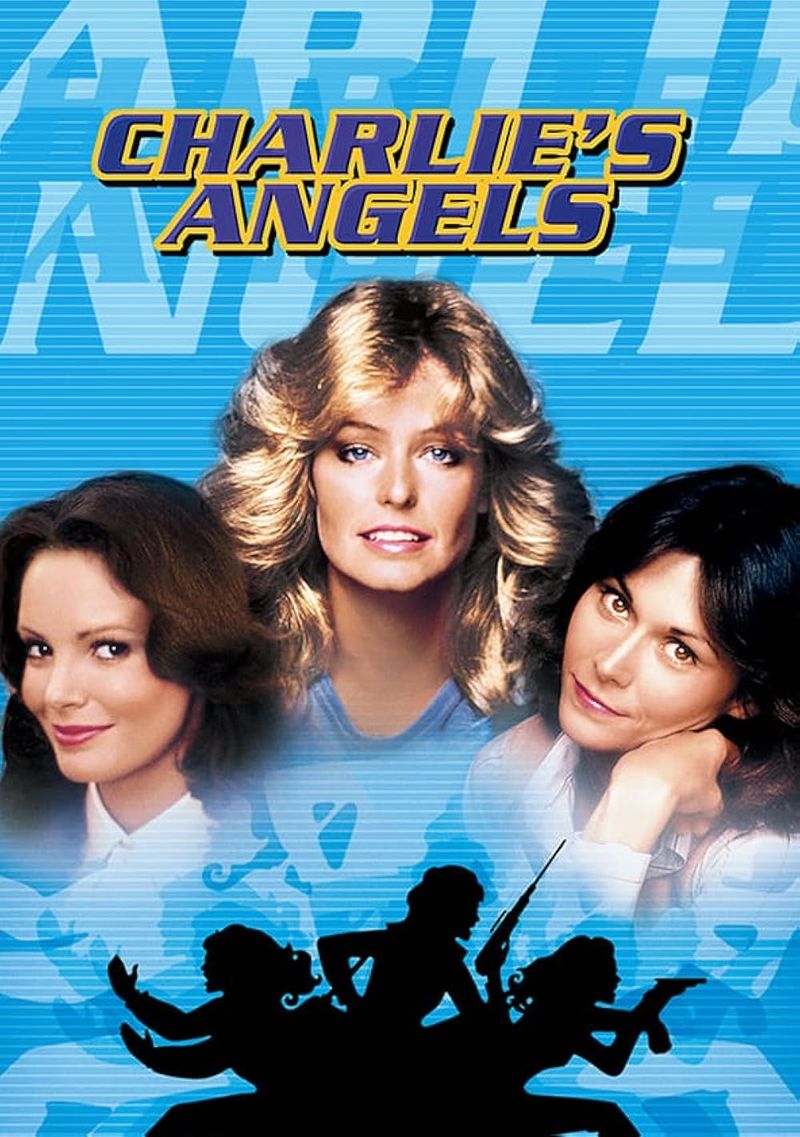
“Charlie’s Angels” redefined the portrayal of women on television, showcasing them as strong, capable, and intelligent. The Angels, with their beauty and brains, broke barriers in action roles traditionally dominated by men. Each episode featured thrilling adventures and clever problem-solving.
The show’s glamorous yet empowering narrative captivated audiences, influencing perceptions of female characters. These women weren’t just eye candy; they were role models for empowerment and independence. “Charlie’s Angels” left an indelible mark on pop culture, proving that women could be both fierce and fabulous, setting a precedent for future generations of female-led TV shows.
7. Roots
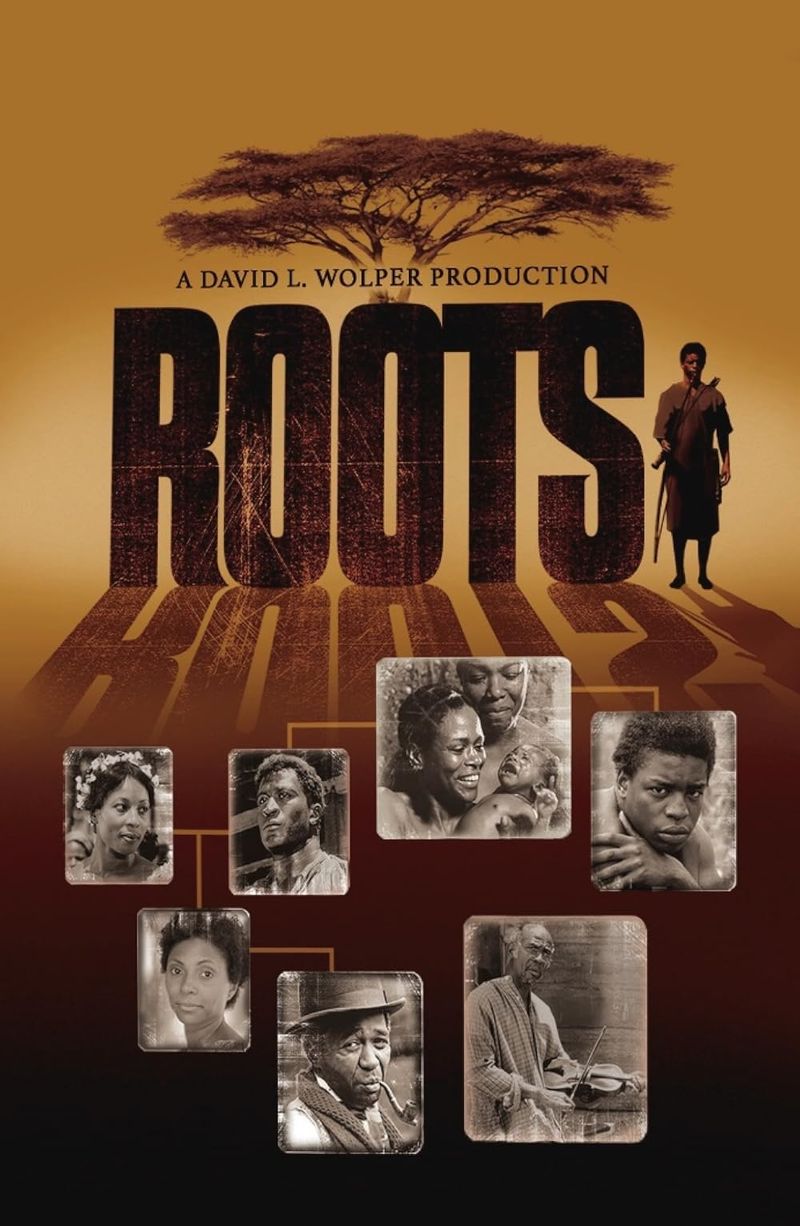
The miniseries “Roots” was a powerful awakening for America, bringing the brutal history of slavery to the forefront. Based on Alex Haley’s novel, it followed Kunta Kinte’s lineage, resonating deeply with audiences. Each episode was a raw, emotional journey, sparking national conversations about race and heritage.
“Roots” wasn’t just a show; it was an event that educated and moved viewers. Its impact was profound, prompting discussions about identity and history. The series’ unflinching portrayal of oppression and resilience was both heartbreaking and inspiring, highlighting the importance of remembering and acknowledging the past to shape a more informed future.
8. The Jeffersons
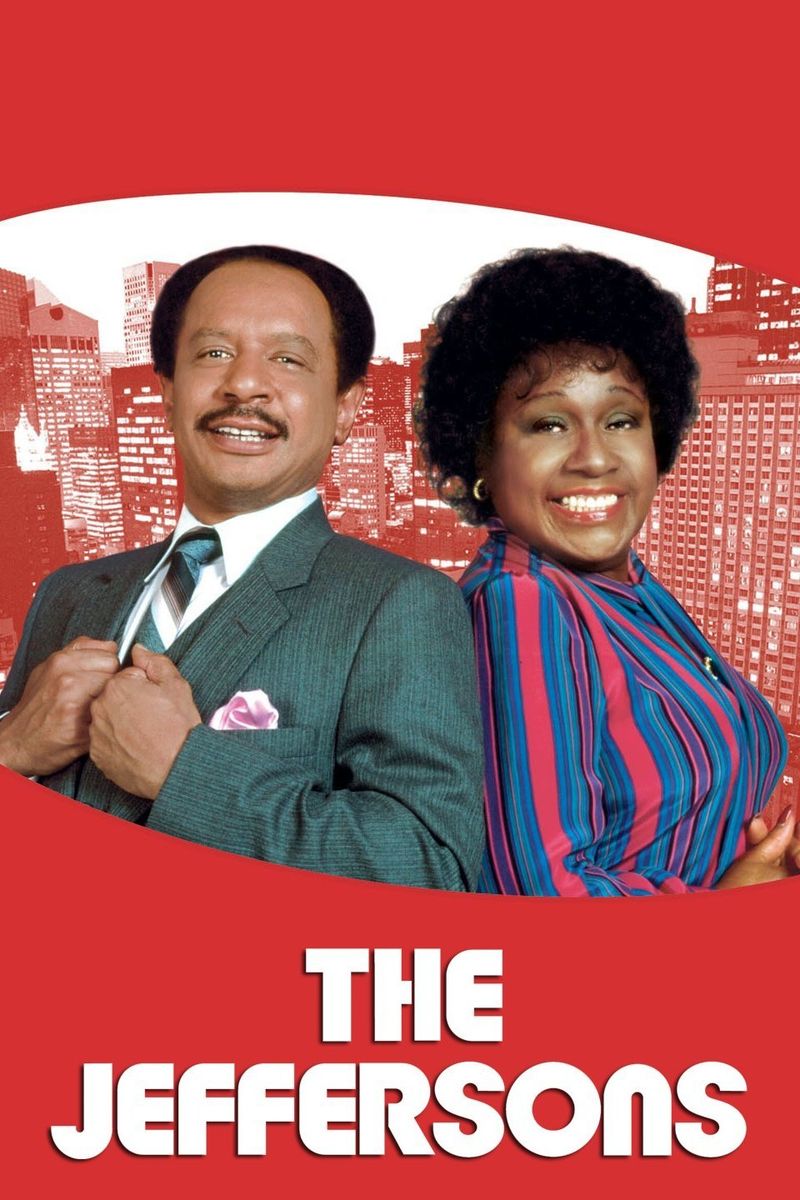
“The Jeffersons” broke new ground as one of the first shows to depict a prosperous Black family moving up in society. George Jefferson’s entrepreneurial spirit and sharp wit made him a memorable character. The series tackled issues of race, class, and success with humor and insight.
It showed that the American Dream was attainable for all, regardless of background. Through its engaging storytelling, “The Jeffersons” challenged stereotypes and offered a fresh perspective on success and family dynamics. The show’s lively theme song, “Movin’ on Up,” encapsulated its aspirational spirit, leaving a lasting legacy in television history.
9. Columbo
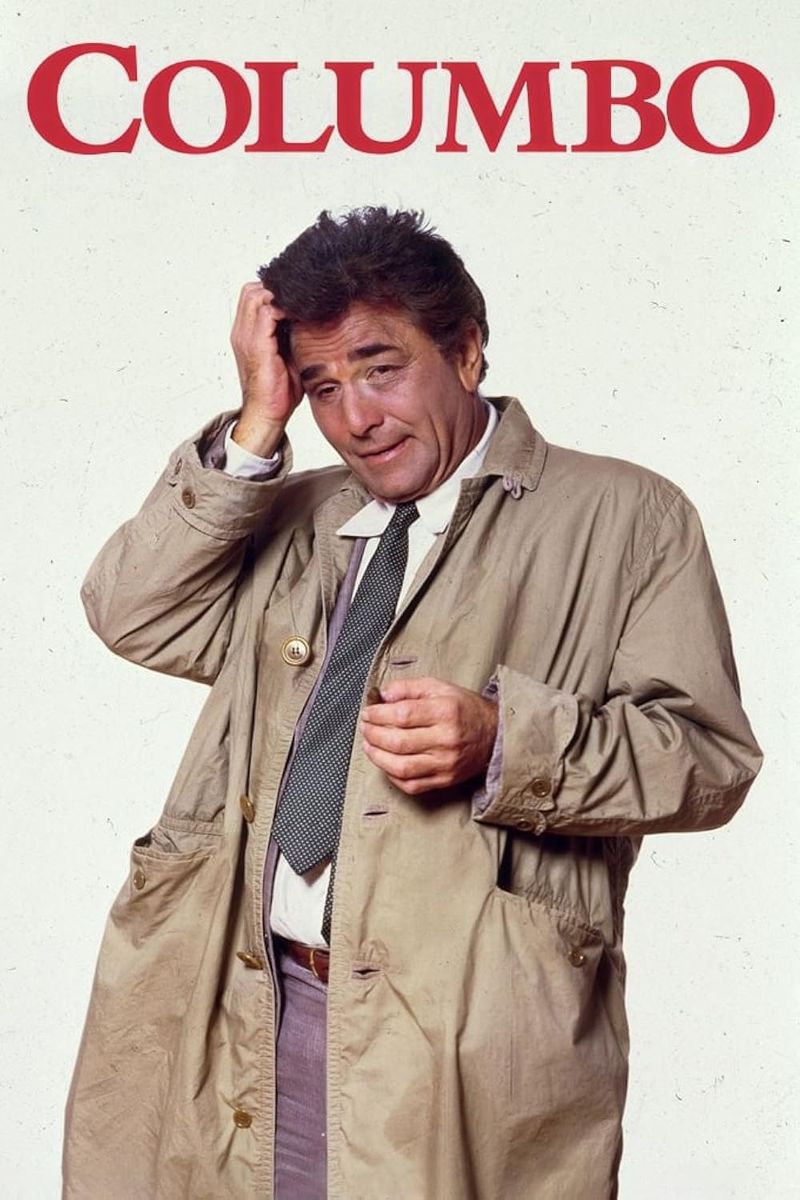
“Columbo” stood out with its unconventional detective format, turning the genre on its head. Lieutenant Columbo, with his unassuming demeanor and signature raincoat, charmed audiences with his intelligence and persistence. His famous “just one more thing” tactic kept suspects—and viewers—on their toes.
The show’s focus on the howdunit rather than the whodunit was refreshing, setting it apart from typical crime dramas. Columbo’s character was both relatable and intriguing, making each episode a captivating puzzle. The series’ influence is evident in countless detective shows that followed, proving its enduring appeal and innovative approach.
10. Little House on the Prairie
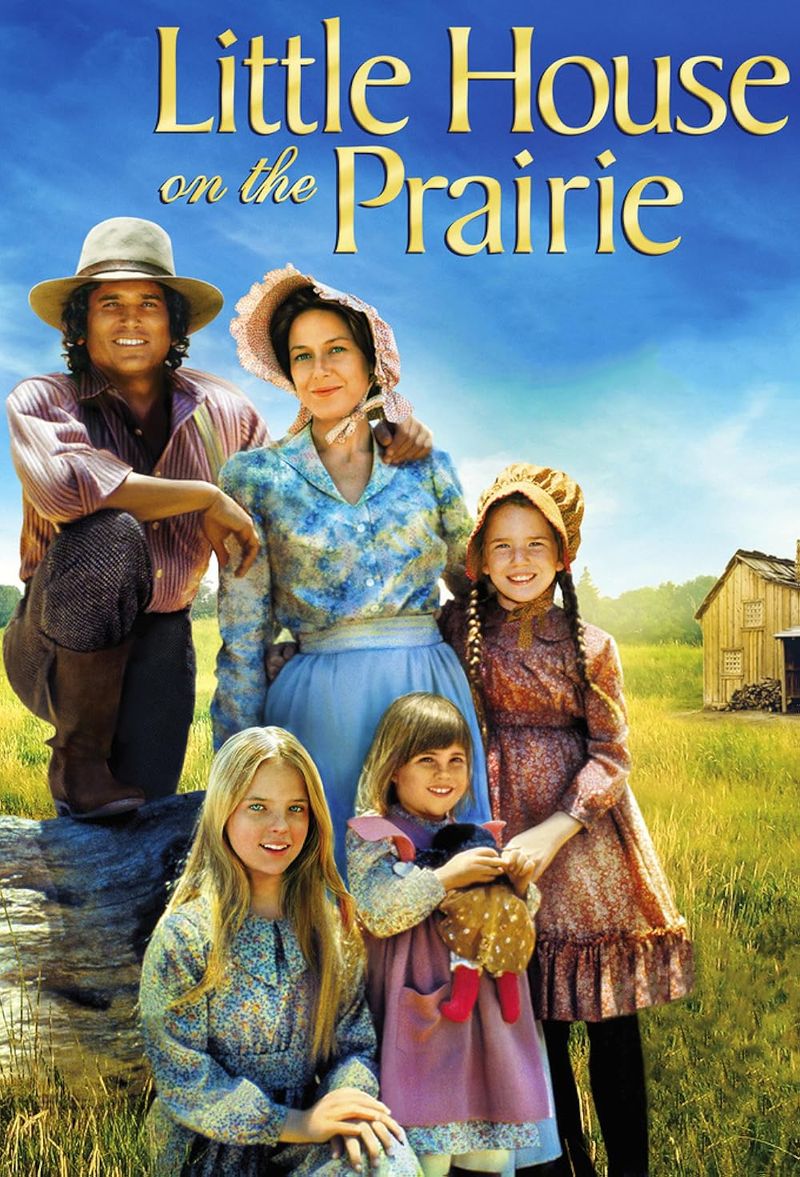
“Little House on the Prairie” offered a glimpse into pioneer life, celebrating family, resilience, and American history. The Ingalls family’s adventures were wholesome yet emotionally engaging, capturing the essence of frontier challenges.
It depicted the simplicity and harshness of the era with grace and sensitivity. The show’s timeless themes of love, hard work, and community resonated with audiences. Through its heartwarming stories, it taught valuable lessons about perseverance and kindness. “Little House” was more than just entertainment; it was a reminder of the enduring human spirit, making it a beloved classic across generations.
11. Saturday Night Live
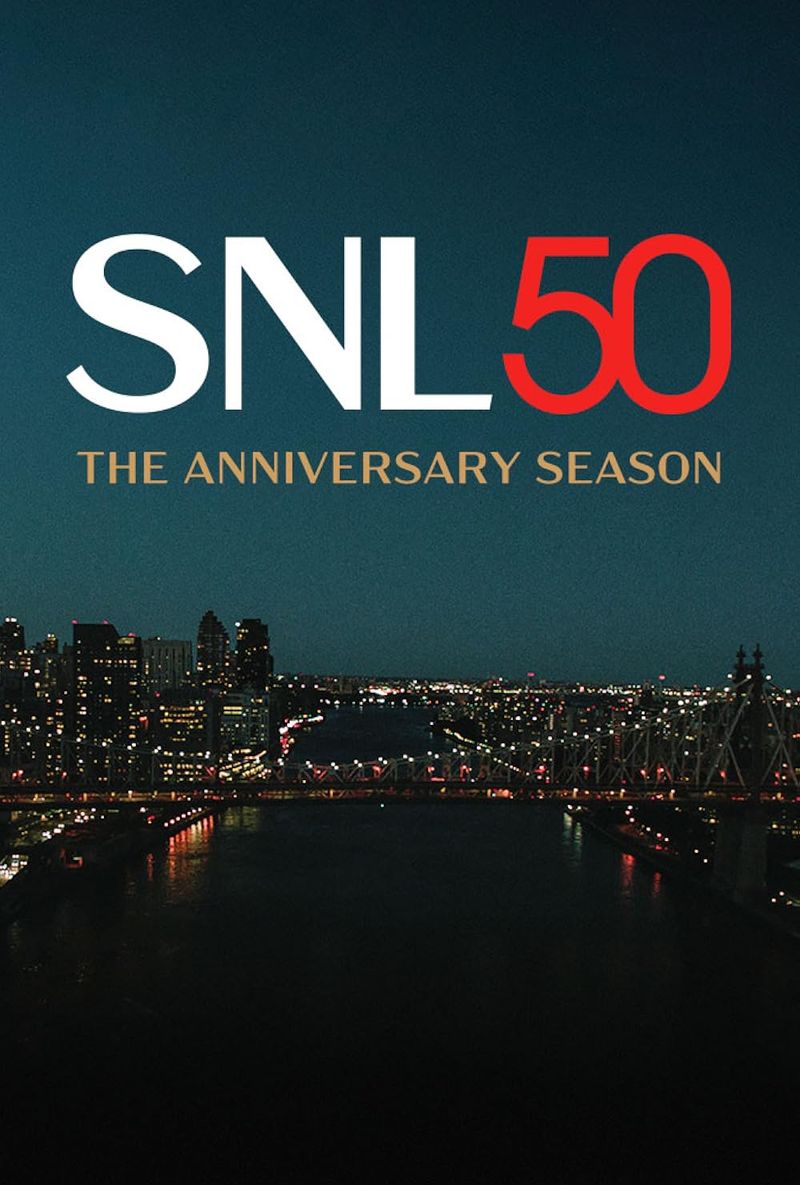
“Saturday Night Live” revolutionized comedy and satire, becoming a launching pad for countless stars. Its live format and sharp sketches offered a fresh take on current events and pop culture. The show’s irreverent humor pushed boundaries, making it a staple of late-night TV. Iconic characters and catchphrases emerged, resonating with viewers.
SNL’s ability to adapt and evolve kept it relevant through decades. Its influence is undeniable, shaping comedic styles and inspiring generations of comedians. More than just a show, it became a cultural institution, reflecting and shaping societal moods with its bold, comedic lens.
12. Three’s Company
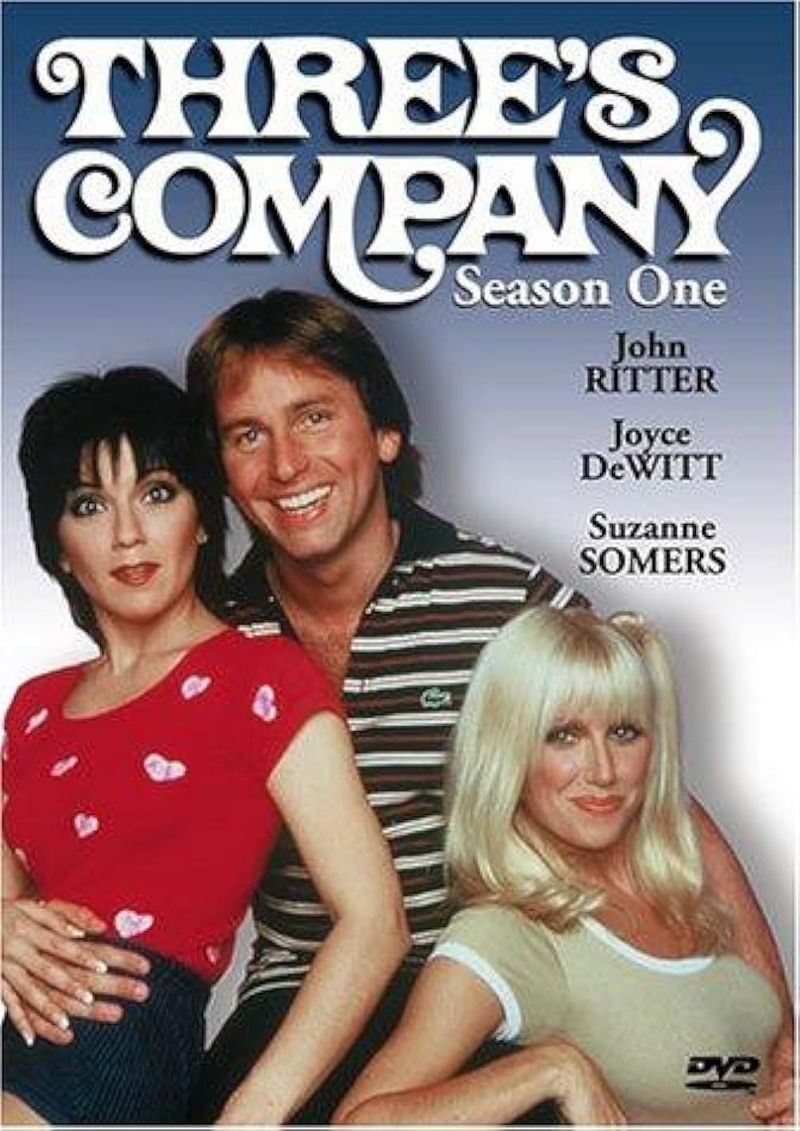
“Three’s Company” was a groundbreaking sitcom that pushed boundaries with its comedic exploration of sexuality and gender roles. Jack Tripper’s antics as he pretended to be gay to live with two women offered endless laughs and misunderstandings. The show’s lighthearted approach to taboo topics made it both entertaining and thought-provoking.
Its slapstick humor and clever writing captured the spirit of the times. By challenging societal norms, “Three’s Company” highlighted the absurdity of stereotypes, paving the way for more inclusive storytelling. Its legacy endures as a comedic pioneer that dared to address controversial themes with charm and wit.

Comments
Loading…